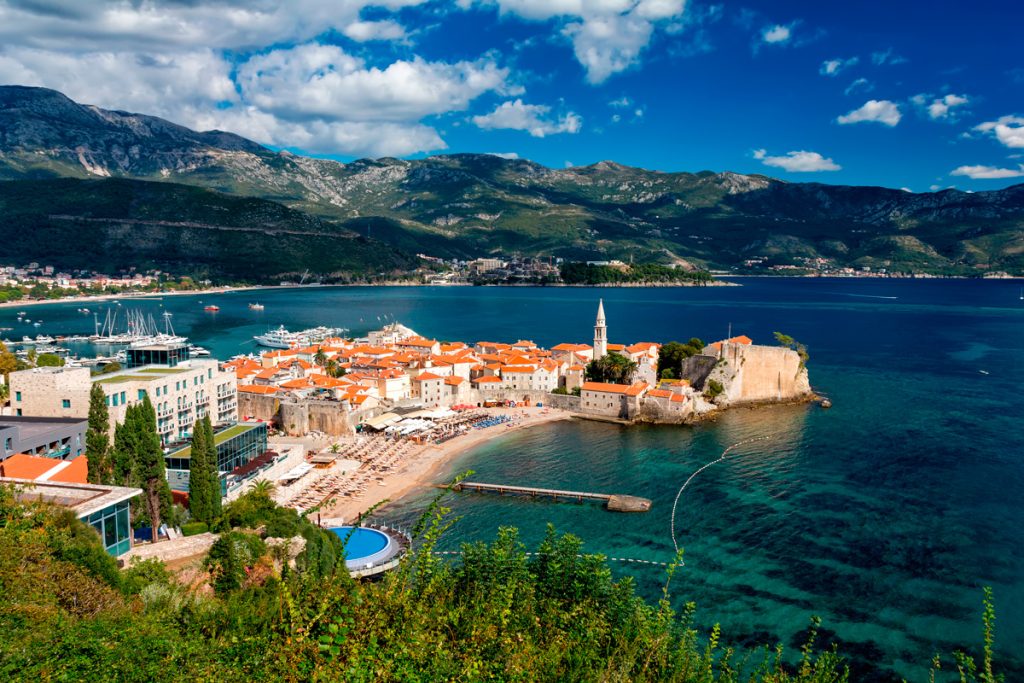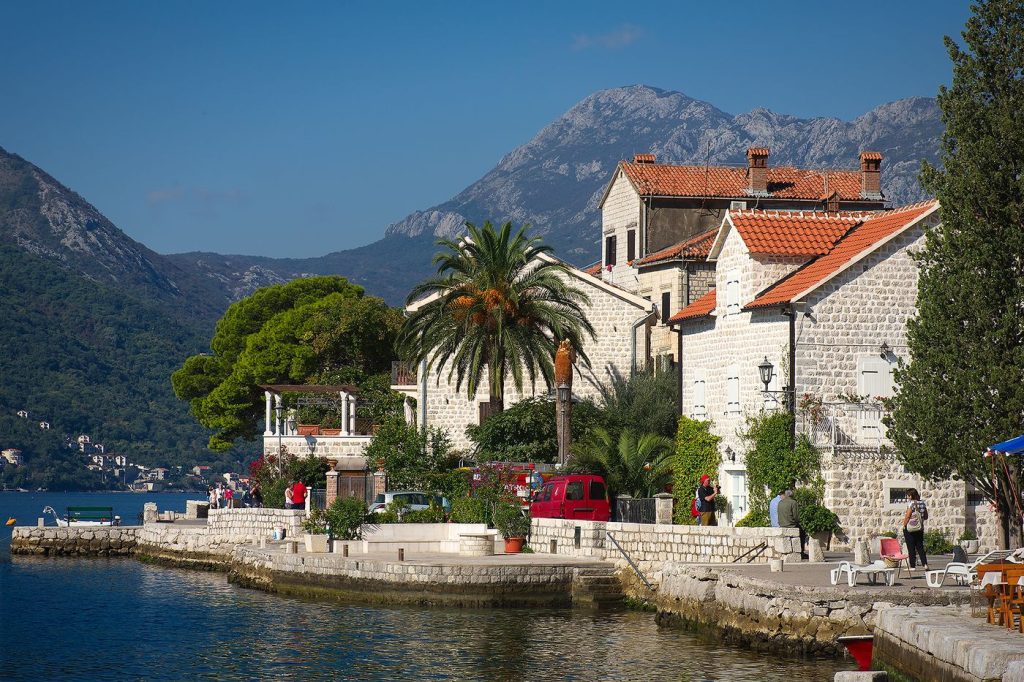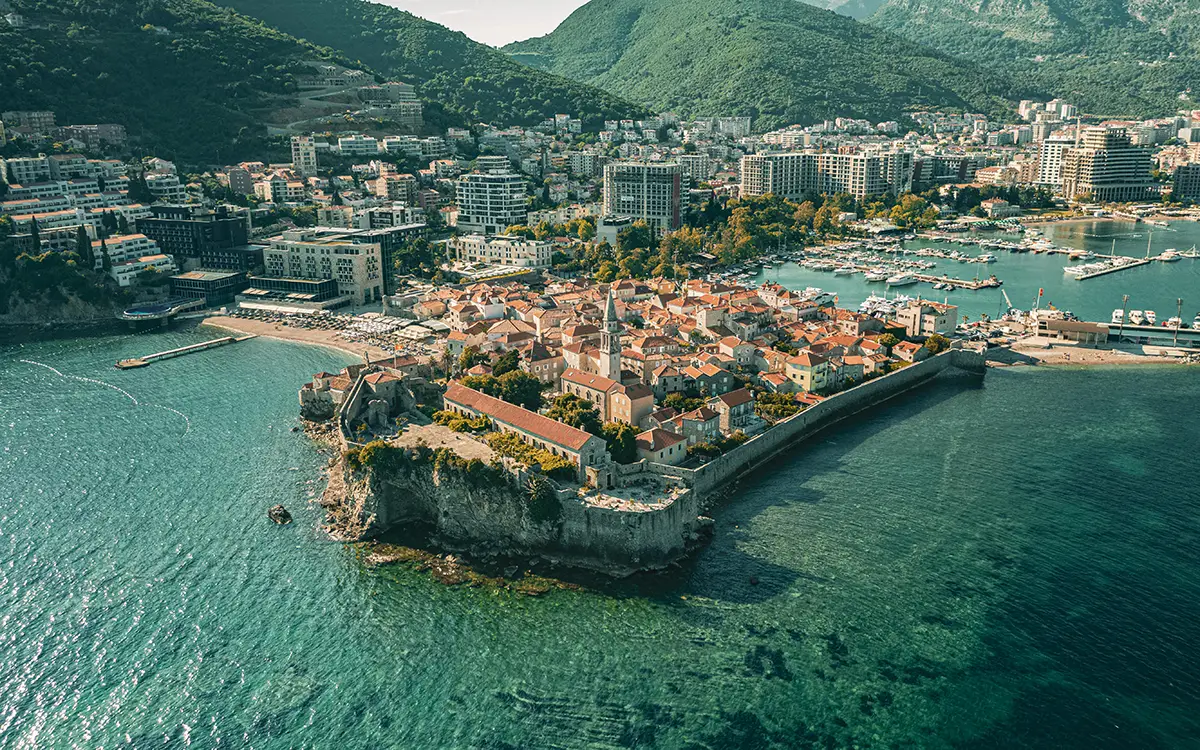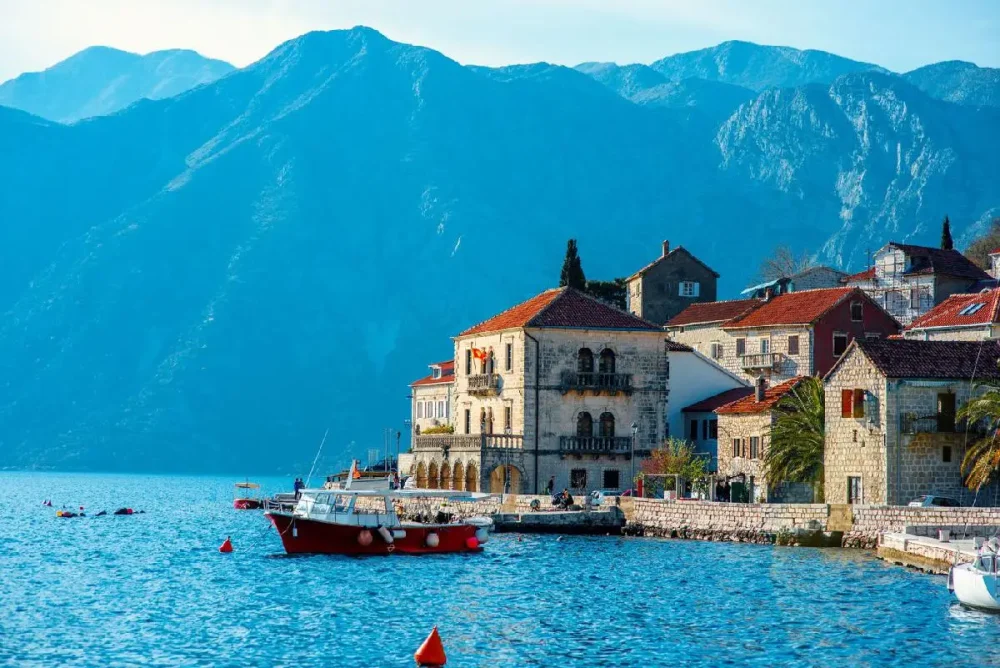The Balkan border between sea and mountains has long ceased to be just a dot on the map. The southern European country has become a strategically advantageous bridge between the EU and the rest of the world. Obtaining a passport allows you to cross borders, open a business and build a future with minimal barriers. What gives Montenegro citizenship is not a rhetorical question, but economically and legally supported. Let’s consider it in detail.
Advantages of citizenship
What gives the civil status – freedom of movement and legal status comparable to citizens of a number of EU countries. The passport holder has access to more than 120 countries of the world without visa formalities. These include the Schengen zone, Turkey, the United Arab Emirates, Hong Kong, Singapore and South American countries.
Visa-free countries for citizens of Montenegro
The passport provides free entry to 124 countries. Although the state is not yet a member of the European Union, agreements with the EU and active European integration open up possibilities for travelling without visa difficulties. It is planned to expand the list of destinations after the official accession to the union, which will further increase the value of the document.
Second passport of Montenegro
A second foreign document complements the personal and business arsenal of an investor or professional. Relevant for citizens of countries where visa freedom is limited or political risks are observed. Citizenship does not require cancellation of the first passport. This is especially important for entrepreneurs operating in multiple markets.

What gives Montenegro citizenship
 Civil status gives access to a stable, moderately expensive and safe life. The crime rate is one of the lowest in the Balkans. The national currency is the euro, inflation is controlled and the climate makes living comfortable all year round.
Civil status gives access to a stable, moderately expensive and safe life. The crime rate is one of the lowest in the Balkans. The national currency is the euro, inflation is controlled and the climate makes living comfortable all year round.
Safety and social performance
Montenegro consistently ranks among the top 5 safest countries in the region. Emergency services operate according to European standards. Medical facilities are being modernised through investments in infrastructure. Education and health care are developing towards harmonisation with the EU, which is confirmed by the Twinning and TAIEX programmes.
Business opportunities: low tax, maximum flexibility
Montenegrin citizenship for investment allows you to launch a business with minimal administrative barriers. Registration of companies takes from 3 to 5 days. The favourable tax regime (corporate tax is 9%) makes the jurisdiction attractive to international investors.
Tax advantages of Montenegro
Taxes are among the lowest in Europe. The VAT rate is 21% and income tax starts at 9%. No government levy on dividends and no tax treaties with more than 40 countries. This creates a unique platform for efficient tax planning.
Business: from registration to international transactions
Firms with foreign citizens receive the same rights as local ones. The legislation allows for settlement in euros, electronic document management and remote management of operations. Citizenship facilitates access to licences, tenders and SME development programmes.
How the investment programme works
Obtaining Montenegrin citizenship was made possible through an official investment programme launched in 2019. Participation requires investment of 200,000 euros or more in state-approved projects, including tourism, agriculture and industry.
Requirements
The applicant makes a non-refundable contribution of 100,000 euros to the state development fund. In addition, the applicant invests in the approved project (from EUR 200,000 in the northern regions and from EUR 450,000 in the coastal regions). In addition, a criminal record certificate, proof of source of funds and a biometric check are required.
Real estate as an investment instrument
Montenegrin citizenship is often obtained through the purchase of property. It is allowed to invest in hotels, apartments, resort complexes and infrastructure projects. The average cost of a property is 2500-4000 euros per m² on the coast. In the northern regions, the price tag starts at €1,500, making entry into the programme affordable for the average capital.
How the benefits of citizenship manifest themselves
Transfer of rights, expansion of freedoms, protection of capital – all these become available after obtaining a Montenegrin passport. Below are the key areas in which the benefits of Montenegrin citizenship are particularly tangible:
- Mobility – access to over 120 countries around the world without visa requirements, including the Schengen area.
- Business – company registration, participation in tenders, real estate transactions and tax optimisation.
- Taxes – 9% income rate, no dividend tax and flexible tax residency.
- Travelling – the ability to plan trips without visa hassles and time constraints.
- Real estate – acquisition of objects without restrictions, participation in investment projects with high profitability.
- Security – stable legal system, low crime rate, international standards of medical care.
- Quality of life – clean environment, affordable housing, moderate prices and favourable climate.
- Development – state investment support programmes, digitalisation of services and European integration.
Each of the directions forms a complete answer to the question of what gives Montenegrin citizenship, while turning it not into a formality, but into a tool for managing the future.
How to obtain Montenegrin citizenship
Obtaining civil status is not only possible through an investment programme. The law allows naturalisation based on long-term residence. Also obtaining on the basis of marriage, descent or special merits before the state.
Alternative ways
Naturalisation requires at least 10 years of legal residence. It also requires proof of income, language skills and basic understanding of the national legislation. For spouses of Montenegrin citizens, the period is reduced to 3 years. Another way is the recognition of merit in the field of science, culture, sport or economy. Such cases are considered individually and require support from state authorities.
Processing timeframe
The average time to obtain citizenship is 6-8 months. In case of naturalisation – from 12 to 24 months, depending on the completeness and correctness of the submitted documents.
What gives Montenegro citizenship: conclusions
 The state demonstrates political stability, neutrality and orientation towards European integration. The country participates in a number of international agreements and is also negotiating accession to the EU – the process is expected to be finalised in the coming years.
The state demonstrates political stability, neutrality and orientation towards European integration. The country participates in a number of international agreements and is also negotiating accession to the EU – the process is expected to be finalised in the coming years.
Unlike traditional migration destinations (Cyprus and Malta), Montenegro offers affordable entry and short processing times. This makes the programme particularly in demand among entrepreneurs from CIS countries, the Middle East and Asia. The issues of security, mobility and stability remain relevant.
What does Montenegrin citizenship give you? Not just a passport, but an instrument of strategic advantage. A country with a European vector of development offers attractive conditions:
- a loyal tax system;
- access to visa-free destinations;
- legal stability;
- a comfortable business environment.
Citizenship becomes an asset that opens up new horizons without visas, restrictions and bureaucracy.

 en
en  ru
ru  de
de  ar
ar  es
es  nl
nl  hi
hi  fr
fr  it
it  pt
pt  el
el 











